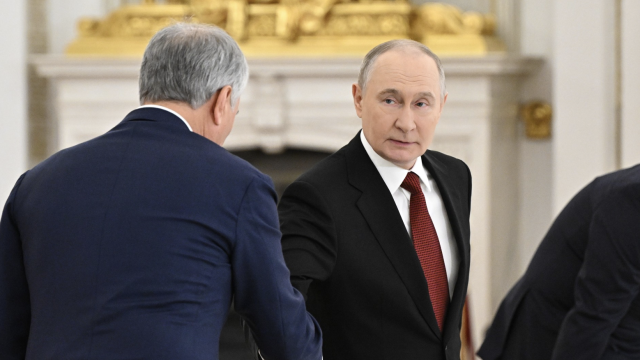Bulgaria backed out of a 2007 agreement with Russia and Greece to build an oil pipeline bypassing Turkey's crowded Bosporus and Dardanelles straits after saying it won't work.
Bulgaria will propose to dissolve the trilateral agreement or withdraw unilaterally in 12 months, Energy and Economy Minister Traicho Traikov told reporters in Sofia on Wednesday. The proposed 285-kilometer pipeline from the Bulgarian Black Sea port of Burgas to the Greek port of Alexandroupolis on the Aegean was initially estimated to cost 1 billion euros ($1.3 billion).
"Analyses show that the pipeline cannot be implemented under the conditions agreed on in 2007," Finance Minister Simeon Dyankov said at the same briefing. "Bulgaria won't face sanctions."
The planned link with a capacity of 35 million tons of oil a year was intended to bypass the straits linking the Black Sea with the Mediterranean, saving shipping costs. The project is competing with another plan agreed by Russia, Italy and Turkey in 2009 to carry oil from the Turkish Black Sea port of Samsun to Ceyhan on the Mediterranean.
Bulgaria will pay about 12 million lev ($8.2 million) owed to the pipeline joint venture in which Russia holds 51 percent and Bulgaria and Greece have 24.5 percent each, Dyankov said.
The government of Prime Minister Boiko Borisov stalled the project when it came to power in 2009 because of concern that an oil spill would harm the country's Black Sea resorts and ordered an environmental impact assessment study before making a final decision.
The proposed pipeline route violates a European Union wildlife conservation directive known as Natura 2000 because it passes through protected areas, which allows Bulgaria to withdraw from the project without paying penalties, Borissov said in 2009.
A Message from The Moscow Times:
Dear readers,
We are facing unprecedented challenges. Russia's Prosecutor General's Office has designated The Moscow Times as an "undesirable" organization, criminalizing our work and putting our staff at risk of prosecution. This follows our earlier unjust labeling as a "foreign agent."
These actions are direct attempts to silence independent journalism in Russia. The authorities claim our work "discredits the decisions of the Russian leadership." We see things differently: we strive to provide accurate, unbiased reporting on Russia.
We, the journalists of The Moscow Times, refuse to be silenced. But to continue our work, we need your help.
Your support, no matter how small, makes a world of difference. If you can, please support us monthly starting from just $2. It's quick to set up, and every contribution makes a significant impact.
By supporting The Moscow Times, you're defending open, independent journalism in the face of repression. Thank you for standing with us.
Remind me later.





